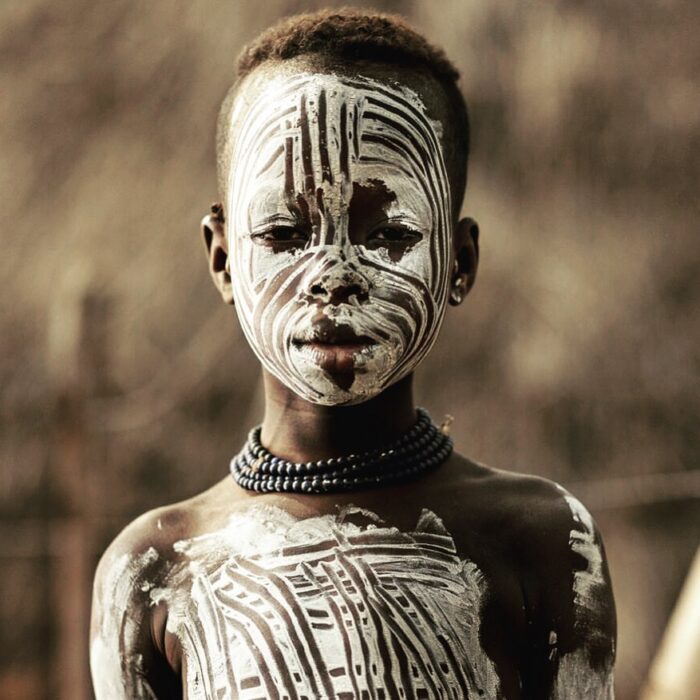Greetings In Yoruba And Their Meanings (Morning , Afternoon , Night) : Do you want to know how to say hello in Yoruba? Then you’ve come to the correct place. Continue reading.
To begin, keep in mind that there is no universally accepted translation for the word “hello” in Yoruba. However, because the word “hello” is used as a type of greeting, I’ll teach you a variety of Yoruba greetings that have the same meaning as “hello.”

Greetings In Yoruba And Their Meanings – (Full Guide) – Morning , Afternoon , Night
The following greetings can be used at any time of the day to greet someone “hello” in Yoruba language:
- E nle o. (To sound more respectful to elderly people, say “E nle ma” or “E nle sir” depending on the gender).
- E pele o. (For elderly people, say “E pele ma” or “E pele sir”).
- E rora o. (For elderly people, say “E rora ma” or “E rora sir”).
- E ku ishe o (most appropriate for greeting someone who is busy with something). To elders, say “E ku ishe ma” or “E ku ishe sir”.
- E ku ikale o (most appropriate for greeting someone who’s sitting down or relaxed). To elders, say “E ku ikale ma” or “E ku ikale sir”.
The following greetings are used specifically at certain times of the day to greet people in Yoruba language:
- E kaaro o — meaning good morning (Say “E kaaro ma/sir” to elders).
- E kaasan o — meaning good afternoon (Say “E kaasan ma” to elders).
- E ku irole o — meaning good evening — used between 4pm and 7pm (say “E ku irole ma/sir” to elders).
- E kaale o — meaning good evening — used at night time, after 7pm onwards (say “E kaale ma/sir” to elders).

Be the first to comment